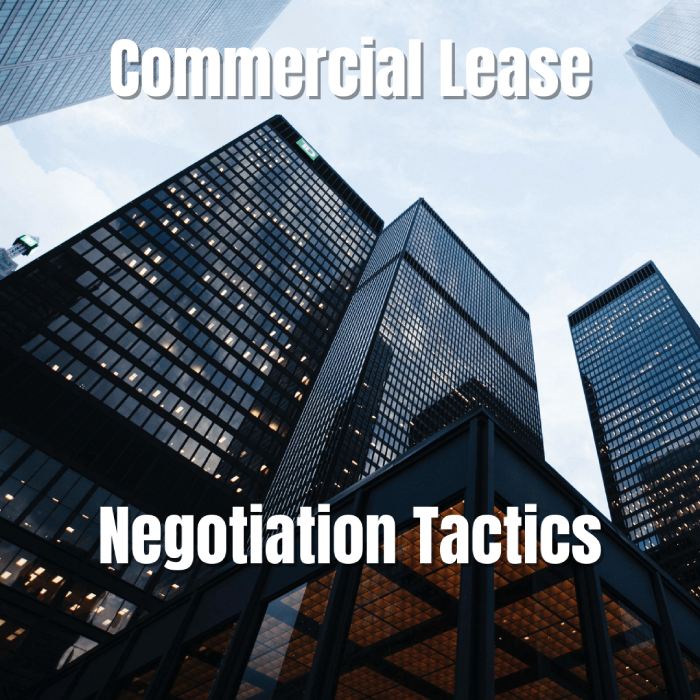You finally found a tenant that wants to rent your commercial space. It can be a daunting task searching for an ideal tenant who you can trust to properly take care of the space and leave it in the same condition they found it. Now you need to negotiate a favorable commercial lease agreement that pleases both parties.
Your tenant may not agree to the first draft. Commercial leases can go through several rounds of negotiations because both parties come to an agreement.
As a property owner or landlord, consider utilizing the following tactics to develop a favorable lease agreement for both you and your tenant.
Tactic #1: Negotiate a Longer Lease Term
As a property owner or landlord, try to negotiate the most extended lease term possible. If you have a tenant you know will pay their rent on time and take care of the property, you want to keep them for as long as possible.
If you want to negotiate an extended lease term, consider the kind of business your prospective tenant runs. Is it a business dependent on location? If so, make sure to highlight the advantages of the site of your commercial space. Are you in a highly-populated area with lots of foot traffic? Is there room in your building to expand if the tenant’s business continues to grow? The more secure you can make a tenant feel in their decision, the better chances you have for them agreeing to stay for an extended period of time.
Consider offering your tenants rent abatement as you make necessary improvements to the space in exchange for a longer lease term.
Long-term leases are not ideal for all companies. Startups or companies with high-growth turnover may need short-term leases with options for renewal or with expansion rights. To combat this objection, provide value to your prospective tenant by offering a discount on their rent the longer they agree to stay.
Expert Tip: Brand new retail businesses will often be willing to pay a slightly higher rent for affordable termination and subleasing clauses.
Tactic #2: Offer Better Flexibility Terms
Tenants willing to sign long-term leases want to protect themselves from unforeseen future expenses and events. Many tenants will try to negotiate:
- Early termination penalty fee: A startup company will want to ensure they have an out if their business fails. They may want to negotiate early termination terms for this reason. Be open to these terms but compensate yourself by asking for a slightly higher rent rate.
- Cure period: Many startups will ask for a reasonable cure period to help rectify any business delays or mistakes that cause them to miss a rent payment. During this period, they will not be responsible for late fees. If a tenant wants this in their lease agreement, consider increasing pass-through expenses to compensate yourself for this possible loss in rent.
- Sublease clause: Many tenants will ask their landlord to add a sublease clause together with or instead of a lower termination fee. A sublease clause means the tenant can pass their lease on to another tenant without signing a new lease agreement. Again, make sure to protect yourself by spelling out the parameters of the sublease agreement. You want to ensure whoever may take over your tenant’s lease has a history of paying their rent on time and runs a respectable business that won’t damage your reputation.
Tactic #3: Ask Tenants to Make Improvements
If your new tenants have non-negotiable terms, you can distribute the risk by asking them to improve the space. Some improvements you can ask the tenants to take on include:
- Recarpeting
- Putting in new shelves
- Setting up workstations
- Painting
Tactic #4: Hire an Experienced Tenant Broker
If you have not employed the help of an experienced commercial real estate agent, consider doing so. A professional agent can provide you with air-tight contracts that will protect your future interest. Using the services of a tenant broker may save you hours and days of research. Tenant brokers can help:
- Bring you qualified tenants and help you vet your options.
- Give you real-estate market insights that will help you make educated decisions.
- Help communicate between you and the tenant. Real estate agents are communication experts and can explain complex terms so that a tenant can understand.
Tenant brokers will calculate the best and worst-case scenarios and know which demands to give in to and which ones you can’t accept. They’ll act in your best interest and help you negotiate an air-tight lease agreement.






